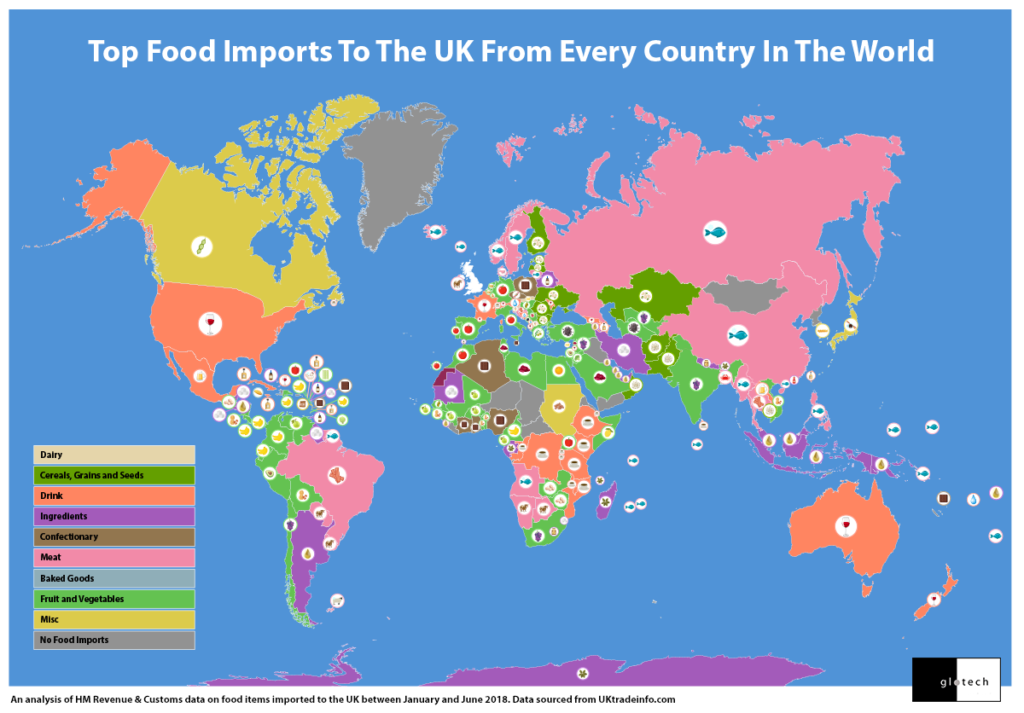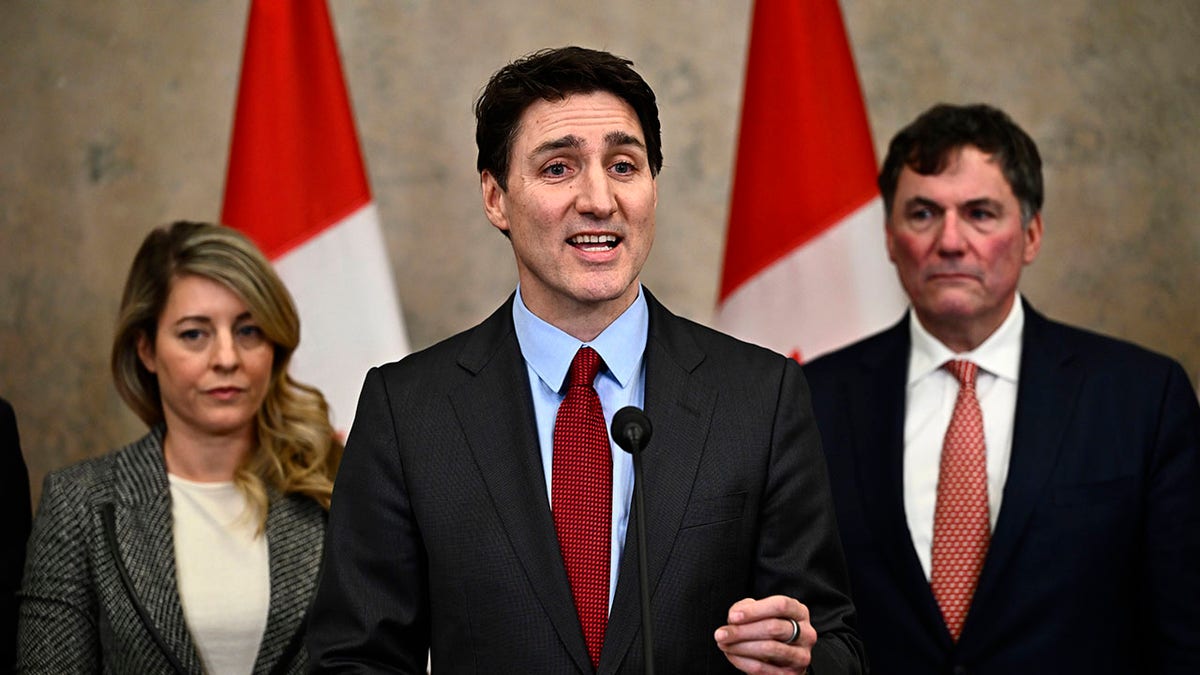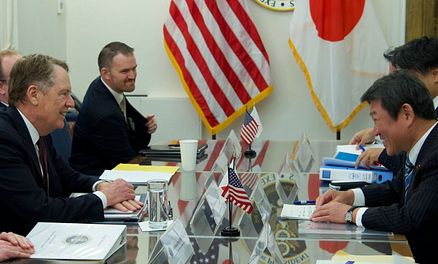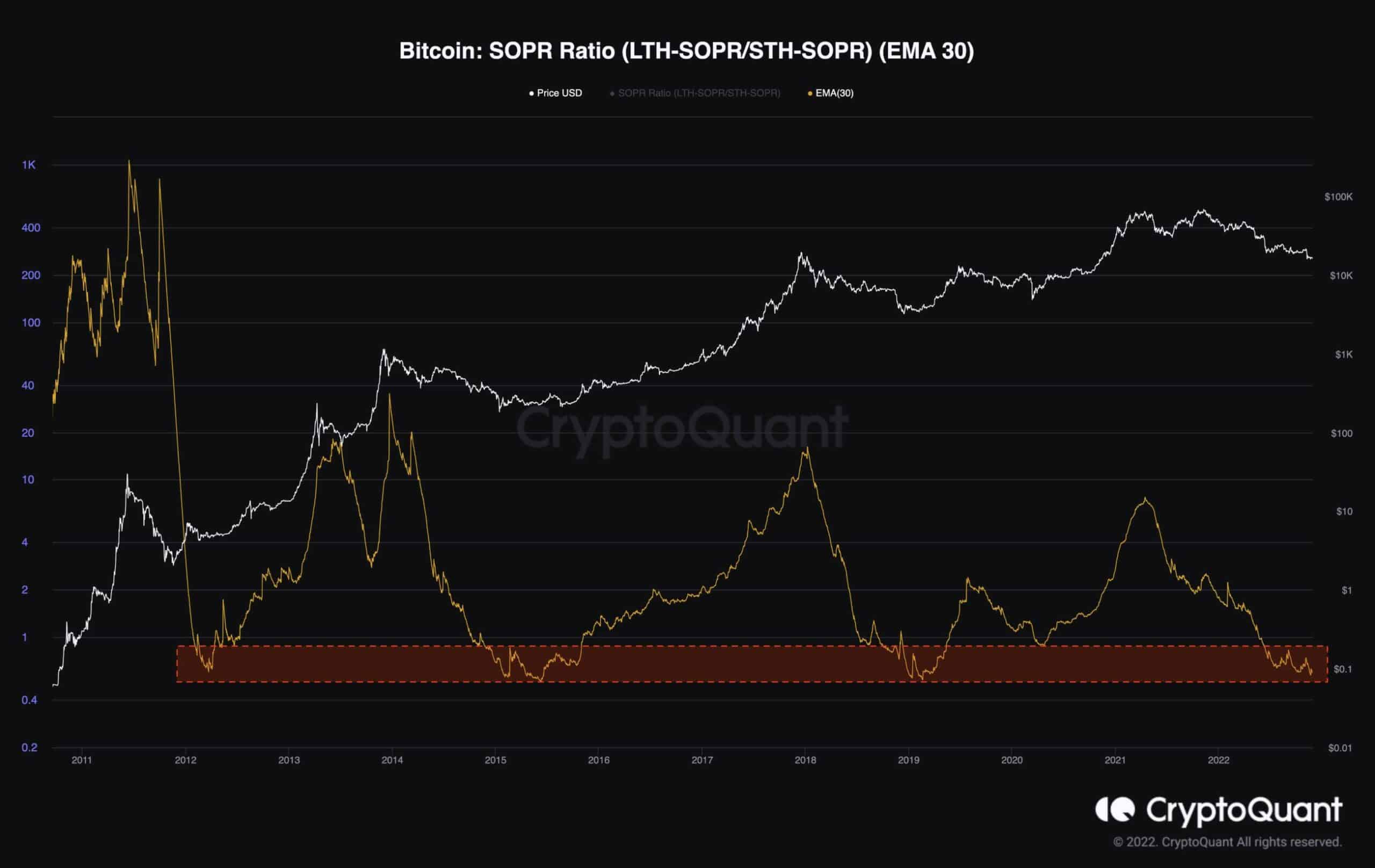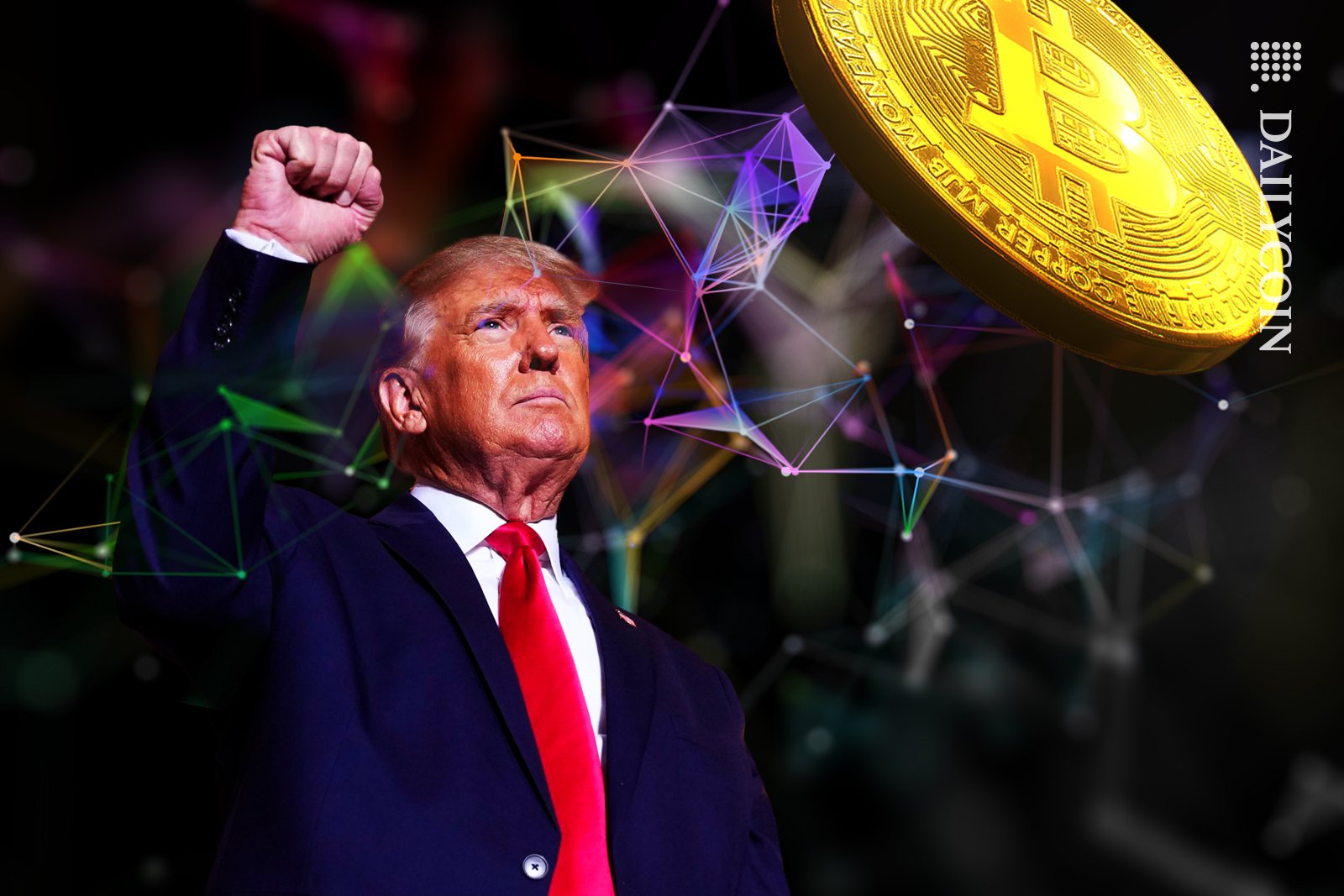Alright, folks, buckle up because the trade tensions are far from over! The US has officially slapped a 25% tariff on key auto parts, a move that’s predictably infuriating Japan. It’s not a surprise, honestly, but the level of opposition from Tokyo is strong.
Japanese Prime Minister Shigeru Ishiba didn’t mince words, expressing “deep regret” over the tariffs, and vowed to keep pushing the US to reconsider. Negotiations are ongoing, covering autos, steel, and aluminum, but let’s be real – the gap is wide and a breakthrough looks distant.
Economic Revitalization Minister Akazawa Ryo, fresh off the second round of US-Japan trade talks, echoed those concerns at the airport. Japan isn’t just politely asking; they’re demanding the US ditch these tariffs – including the so-called ‘reciprocity’ levies. This isn’t just about economics; it’s about principle.
Let’s quickly break down what’s happening here. Tariffs, in essence, are taxes on imported goods. They’re meant to protect domestic industries by making foreign products more expensive. However, they risk triggering retaliatory tariffs, leading to trade wars.
These disputes arise from trade imbalances – when one country imports significantly more than it exports. The US, for years, has cited these imbalances as unfair.
The ‘reciprocity’ claim refers to the US argument that other nations have lower tariffs on US goods, and therefore, the US should impose similar tariffs in return. This is a simplifying view and often ignores complex trade dynamics. It is quite likely to impact global supply chain
Ultimately, the fallout from these tariffs could hit consumers with higher car prices and disrupt global supply chains. Watch this space – this is far from over.

